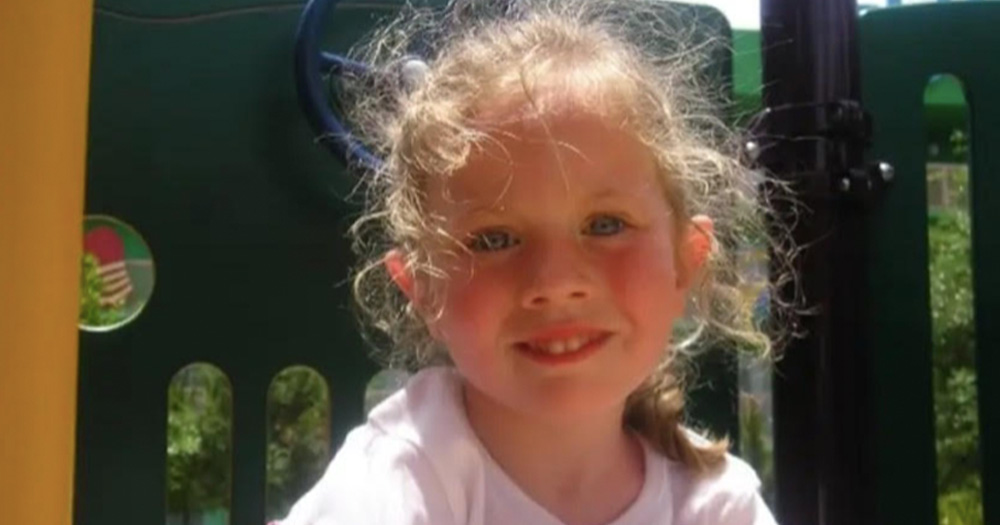I was nine when I got my official ADHD diagnosis, which was unusual—especially for a girl. Stereotypes, internalised symptoms, gender roles, and even hormonal fluctuations tend to make ADHD underdiagnosed in women. Yet somehow, I beat the referral bias.
Maybe it was my constant swinging on the edge of my chair and refusal to sit still that made it undeniable. More likely, I was diagnosed because I fit the hyperactive, “boyish” mould—loud, unable to contain emotions, and unafraid to push back if I had to. I refused to wear anything with a pattern (bless neurodivergent sensitivity). My wardrobe was mostly baggy, plain clothes, my hair always up and wild—a choice that left my Mam a bit devastated.
Early on, I got labelled “ditzy,” “away with the fairies,” and more than once “worse than a boy.” Teachers would call my name, and I’d snap back to reality, suddenly aware of all the eyes on me and the hours that had passed. I was unable to arrive on time, colour within the lines or write within the margins. My mind was often far away, tangled in layers of thoughts I couldn’t control or understand. I was put on medication, told it would help me reach my “full potential”—words that stuck with me as I chased this idealised, easier version of myself.
I don’t blame the adults who made that decision. I know they wanted to give me the best shot. But when I went off the medication after finishing school, I found myself questioning what my “potential” really meant. The classrooms had been heavy with expectation, a constant pressure to be “good” in a way I couldn’t grasp. I wasn’t deliberately ignoring lessons or choosing to doodle over doing maths, or interrupting mid-sentence.
ADHD in boys was something people recognised—boys were “hyper,” but for girls, ADHD wasn’t even a consideration. Instead, I was seen as “talkative” or “messy,” sometimes even “rude.”
Friendships were complicated, too. ADHD often means you’re vibrant, intense, and unpredictable. I was always on guard, trying to rein in my energy to match my friends’ rhythm. But it was exhausting, and sometimes, I couldn’t help but let it slip. Not by choice—my mind just couldn’t keep pace with my intentions.
My teenage years were even tougher. School was a relentless machine of exams, schedules, and expectations. The Irish education system, with its strict focus on memorisation and results, left little room for different learning styles. My mind wasn’t wired for focus. It would ping-pong from one thought to another as I strained to stay on task. After school, I’d sit down to do homework, only to realise hours later that I hadn’t even started, lost in daydreams and half-finished plans.
Yet, there’s resilience in all of it. Living with ADHD has pushed me to think differently, adapt in unexpected ways, and lean on my creativity. I started gravitating toward what I naturally loved: art, writing, imagining worlds. Unlike the rigid paths Irish students are often pushed down, I began to see that maybe my path would look different, and that didn’t have to be a bad thing.
I do mourn the years I spent struggling, never understanding that my brain just worked differently. I wonder what it might have been like if I’d known sooner how to adapt without all that pressure to “fit.” But I also feel proud of surviving it—of finding ways to manage and succeed in a world that hadn’t always made room for loud and messy girls.
Ireland is changing, slowly but surely. Conversations around mental health and neurodiversity are starting to open up. I still feel the echoes of my childhood struggles, but I also feel a quiet pride in this journey—carving out my own place in a world that’s finally beginning to understand.
© 2024 GCN (Gay Community News). All rights reserved.
Support GCN
GCN is a free, vital resource for Ireland’s LGBTQ+ community since 1988.
GCN is a trading name of National LGBT Federation CLG, a registered charity - Charity Number: 20034580.
GCN relies on the generous support of the community and allies to sustain the crucial work that we do. Producing GCN is costly, and, in an industry which has been hugely impacted by rising costs, we need your support to help sustain and grow this vital resource.
Supporting GCN for as little as €1.99 per month will help us continue our work as Ireland’s free, independent LGBTQ+ media.
